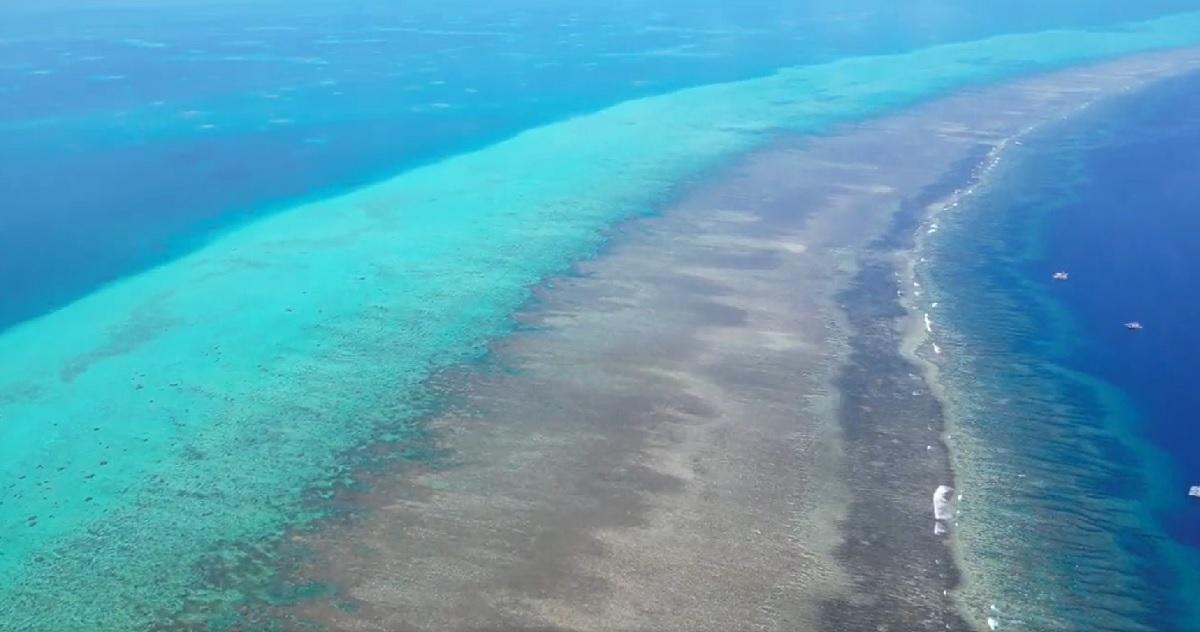Philippines coast placed under Canada's Dark Vessel detection system

The Philippines and Canada have signed an agreement that will allow Ottawa to help Manila monitor its coastal waters and the high seas using a Canadian satellite surveillance program, the Department of Foreign Affairs said on Monday.
Canada’s Dark Vessel program uses satellite technology to locate and track ships illegally fishing anywhere even if they switch off their location transmitting devices to evade monitoring and surveillance.
“The Philippines and Canada signed an arrangement that will include the Philippine National Coast Watch Center in Canada’s Dark Vessel Detection System at the sidelines of the 6th Joint Commission for Bilateral Cooperation in Ottawa, Canada on 12 October 2023,” a DFA statement on X said.
Canada’s satellite program would assist the Philippines spot and address problems at sea like illegal fishing and gain scientific data about the extent of their territories and continental shelf.
The Philippine Coast Guard, which has been carrying out territorial patrols in the West Philippines Sea, has reported that many vessels, including Chinese Coast Guard ships and militia vessels, often turn off their location transmitting devices to avoid detection of their movements in the contested waters.
Colin Townson, head of political section of the Canadian Embassy, said the technology “would enhance Philippine maritime domain awareness.”
In an interview with GMA News Online in Manila last May, Canadian Foreign Minister Melanie Joly said Canada is committed to help the Philippines defend its sovereign rights in the South China Sea and fight illegal fishing by providing satellite surveillance and other scientific data as part of its efforts to boost its presence in the Indo-Pacific region.
Canada also fully supports the 2016 arbitration ruling that upheld Philippine sovereign rights in its Exclusive Economic Zone and invalidated China’s expansive territorial claims in the disputed waters, Joly said, adding that China should respect the tribunal’s decision.
“We share along with the Philippines the importance of respecting international norms, including the U.N. Convention on the Law of the Seas, so, therefore, when it comes to the 2016 arbitral decision, which recognizes the Philippines’ sovereignty over its waters, we think this is a final and binding decision, and we think that all parties, including China, should respect it,” Joly told GMA News Online.
“There is a clear recognition that there is, indeed, heightened tensions in the region, particularly in the East and South China Sea and that upholding international norms is at the core of keeping the region stable and peaceful.”
Canada, along with the United States, Japan, Australia and the United Kingdom, early this month participated in a two-week multilateral naval drill in the Philippines.
The HMCS Vancouver took part in activities focused on enhancing maritime domain awareness, interdiction, search and rescue, and humanitarian assistance and disaster relief operations.
It also included patrols, cross-check landing of embarked helicopters and search and rescue drills to synchronize efforts with other participating navies. —NB, GMA Integrated News




